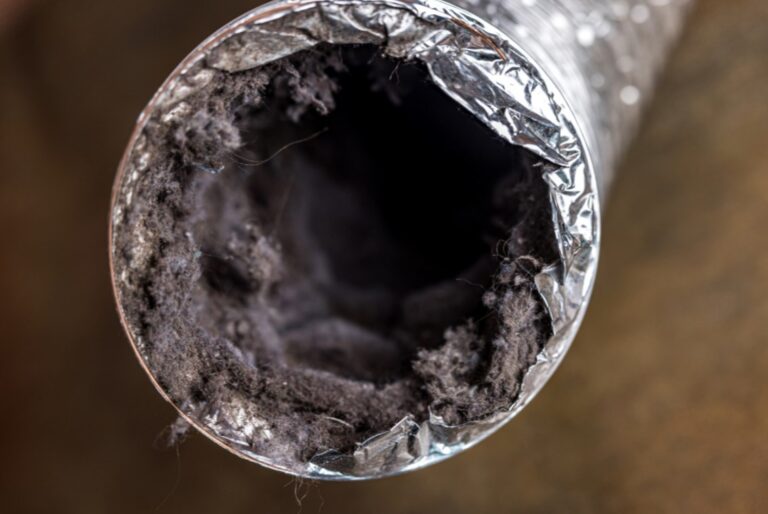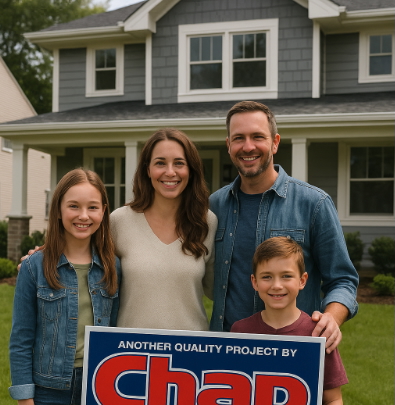By Alyssa

The turn of the 21st century marked a significant shift in the construction industry, as builders began prioritizing energy efficiency in new home designs. This trend has not only benefited the environment but also provided homeowners with substantial cost savings and a more comfortable living experience.
The Impact of Building Codes and Regulations
Government regulations and stricter energy codes have played a pivotal role in driving the adoption of energy-efficient practices in home construction. According to the U.S. Department of Energy, homes built after 2000 are required to meet stringent energy efficiency standards, resulting in a 30 percent reduction in energy consumption compared to older homes, despite being larger in size. (Source: U.S. Department of Energy, “Energy Efficiency Trends in Residential and Commercial Buildings“)
Advancements in Construction Techniques and Materials
The construction industry has embraced innovative techniques and materials to enhance energy efficiency in new home builds. For instance, builders have optimized floor plans, ductwork layouts, and insulation methods to minimize heat loss and improve heating and cooling efficiency. As a result, new homes today consume approximately 20 percent less energy for heating compared to older counterparts. (Source: U.S. Energy Information Administration, “Residential Energy Consumption Survey”)
Energy-Efficient Appliances and Lighting
In addition to advancements in construction practices, the integration of energy-efficient appliances and lighting has played a significant role in reducing energy consumption in new homes. While the use of air conditioners has increased since 2000, the units themselves are now 50 percent more efficient than those from a few decades ago.
The Benefits of Energy-Efficient Home Construction
The benefits of energy-efficient home construction are multifaceted. Not only do these homes contribute to a more sustainable future by reducing greenhouse gas emissions and environmental impact, but they also offer substantial cost savings for homeowners. According to the U.S. Environmental Protection Agency (EPA), energy-efficient homes can save homeowners up to 30 percent on their energy bills. (Source: U.S. EPA, “Energy Efficiency for Homeowners”)
Improved Indoor Air Quality and Comfort
Beyond cost savings, energy-efficient homes also provide a healthier and more comfortable living environment. By minimizing air leaks and improving insulation, these homes maintain more consistent indoor temperatures and reduce the risk of moisture buildup, mold growth, and indoor air pollution.
The Future of Sustainable Home Construction
As the demand for sustainable living continues to rise, the construction industry is poised to further embrace energy-efficient practices and technologies. From incorporating renewable energy sources to exploring advanced building materials and smart home automation systems, the future of home construction promises even greater energy savings and environmental responsibility.
If you’re considering building a new home in New Jersey or undertaking a renovation project in the Monmouth and Ocean County area, contact Chap Construction to learn more about our energy-efficient construction services and how we can help you create a sustainable, comfortable, and cost-effective living space.



